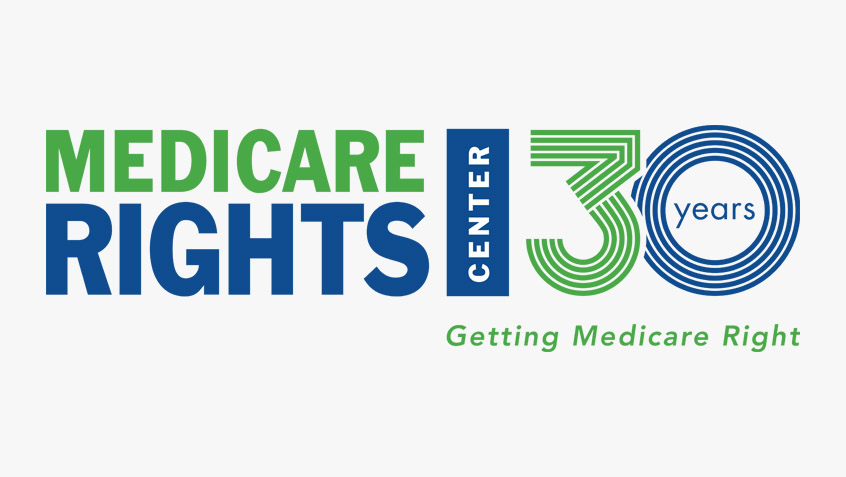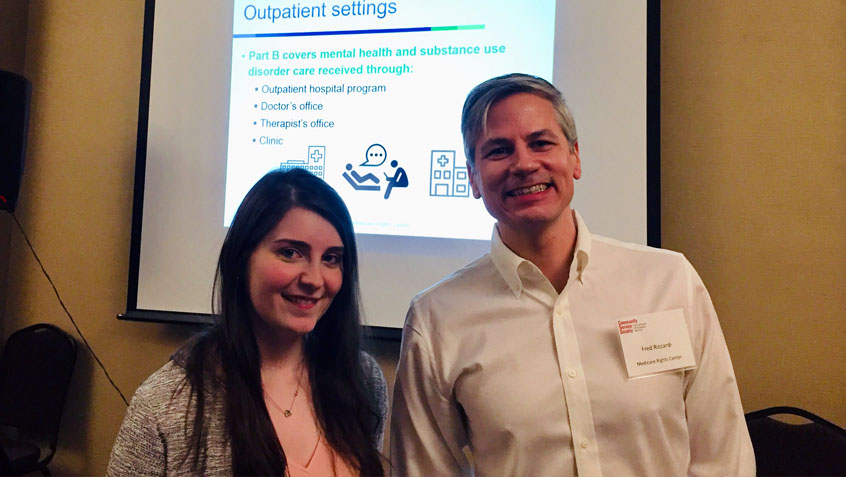A new report from the Consumer Financial Protection Bureau (CFPB)—the government agency charged with enforcing federal consumer financial laws—sheds light on the widespread problem of elder financial abuse.
Studies show that financial exploitation is the most common form of elder abuse. Perpetrators can include a wide variety of people ranging from close family members to offshore scammers, and estimates of annual losses to older adults have ranged from $2.9 billion to $36.5 billion.
Read More
This week, researchers released an analysis of patterns in Medicare showing that people with high needs—like significant chronic illness—and people with both Medicare and Medicaid coverage choose to leave their Medicare Advantage (MA) plans more often than people without similar health issues or Medicaid coverage. The researchers sought to discover why these patterns exist and what the implications might be for MA going forward.
Read More
Rachel Kreier, a professor of health economics at St. Joseph’s College, has been engaged with the Medicare Rights Center both as a volunteer and as a donor. Kreier has used Medicare Rights’ materials in her teaching and, conversely, brought her knowledge of health care to the helpline.
Read More
There are changes to Medicare costs and coverage options every year, and it’s difficult for consumers and professionals alike to keep up with what’s new and how it will affect them or their clients. As the Centers for Medicare & Medicaid Services rolls out these changes, the Medicare Rights Center’s education team gets to work right away translating complex legal language into consumer-friendly resources.
Read More
This year is a significant milestone for the Medicare Rights Center as we celebrate our 30th anniversary!
Thanks to our dedicated supporters, we have worked to ensure access to affordable health care for older adults and people with disabilities for three decades—and we will continue this critical work into our 30th year and as long as our services are needed.
Read More
People with Medicare who need help accessing mental health care and addiction services can look to the Community Health Access to Addiction and Mental Healthcare Project (CHAMP) as a new source of support. The Medicare Rights Center is participating in CHAMP, a new ombudsman program launched to help New Yorkers access insurance coverage for behavioral health services and understand their rights and options.
Read More
Each year, the Department of Health and Human Services (HHS) updates the federal poverty guidelines, which are then used to determine eligibility for programs including Medicaid, the Low Income Subsidy for Part D (LIS), and Medicare Savings Programs.
Read More
A new study by the Commonwealth Fund examines the use of long-term services and supports (LTSS) among Medicare beneficiaries age 65 and older, and finds that the Medicare program is falling behind in offering the supports many older adults need. Currently, Medicare does not broadly cover most types of LTSS that could help older adults and people with disabilities remain in their homes and communities as they age. While Medicare Advantage does cover some limited LTSS, this coverage is spotty, and does not apply to the approximately two-thirds of Medicare beneficiaries who rely on Original Medicare.
Read More
Today, the Centers for Medicare & Medicaid Services (CMS)—the agency that oversees the Medicare program—announced a new model within traditional Medicare that could help people with Medicare avoid unnecessary trips to the Emergency Department. This new model would allow emergency transportation services to take individuals to their primary care doctor or urgent care, or to deliver treatment in place, when the person does not need to be seen in an emergency room.
Read More
When the 116th Congress convened in January, it ushered in a dramatic shift in political dynamics. For the first time in eight years, Democrats have a majority in the U.S. House of Representatives. With Republicans still in control of the U.S. Senate, the two chambers of Congress will be divided for at least the next two years.
Under split-party control, legislation will require bipartisan support in order to pass. The need for this agreement greatly, if temporarily, blunts the acute legislative threats to Medicare, Medicaid, and the Affordable Care Act (ACA) that dominated the last Congress.
With extensive program overhauls unlikely to succeed this year, we expect lawmakers to instead focus on areas of shared consensus and concern. This includes “must-pass” items, like expiring health care programs, as well as those that are a top priority for both chambers, such as high prescription drug prices.
Read More










